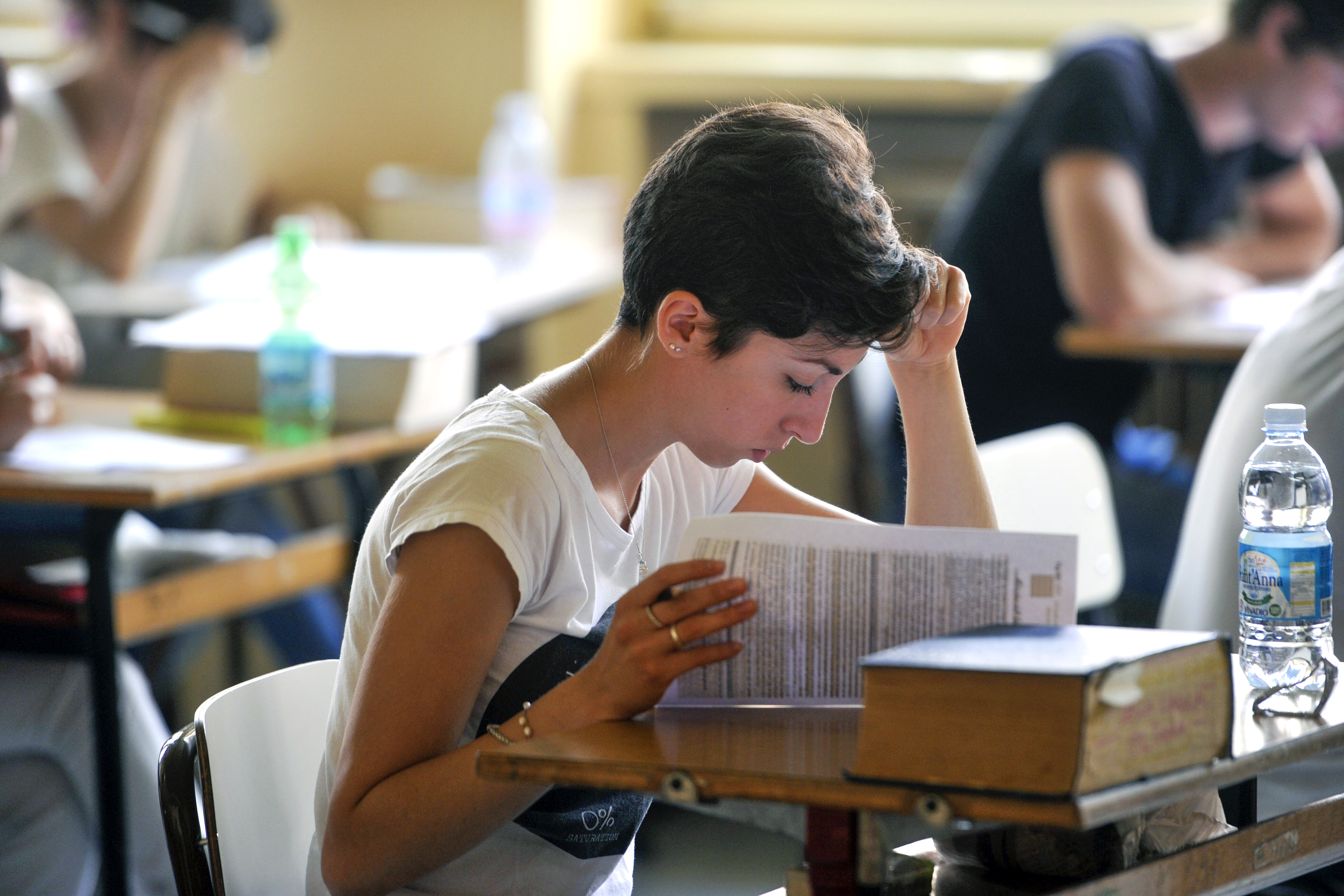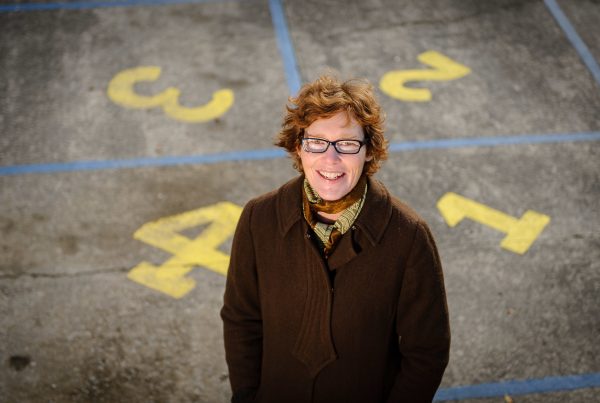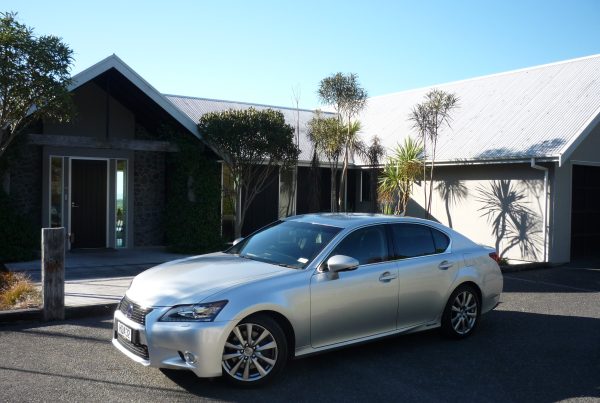Just after the release of the 2014 National Certificate of Educational Achievement (NCEA) results, I was contacted by a journalist writing an article on our national qualification and alternative credentials — the International Baccalaureate (IB) Diploma in this case — offered in New Zealand schools.
My caller wanted to know the difference between the two qualifications and, of course, implicit in the questions asked, the best option for senior school students. It never ceases to amaze me how little understood NCEA is despite the fact that it was implemented in our secondary schools well over ten years ago. So for the record, here are some facts.
To meet the learning needs of today’s senior school students, NCEA has been designed as a unique national qualification with diverse pathways leading to university, vocational tertiary education options or the workforce. Therefore, by necessity, it is a very flexible system enabling each school to construct its own courses to meet the needs of its students. Each ‘subject’ or course is comprised of a number of standards, either internally or externally assessed, which earn credits.
These credits may be at an Achieved, Merit or Excellence level. Most students study programmes comprised of five or six courses and qualify for a certificate at Level 1, 2 or 3 when the threshold of required credits is reached. For some students, the particular Level 3 NCEA they achieve might lead to a vocational pathway but not meet the requirements for university admission. However, those heading to university must undertake a programme in their final year of approved subjects so that they can gain both NCEA Level 3 and University Entrance. Also, our universities are increasingly demanding Excellence or Merit NCEA grades in specific standards for applicants to be considered for those 100-level courses in demand.
The IB Diploma is quite different. Established in 1968, it is taught in about 2,500 schools globally, with 12 New Zealand schools — both state and private — delivering this programme. The two-year course (Years 12 and 13) has been designed specifically for those students heading to university. Students study six subjects, of which English, Mathematics, a second language and Science are compulsory. A 4,000-word extended essay is required, as is a Theory of Knowledge course. In addition, there is an obligation to undertake 50 hours of service, cultural and sporting activities. The final mark is out of 45, with 30 being the global average. To pass the Diploma, a mark of 24 or more is required.
So in response to the question asked by the journalist, the two systems are totally different and really cannot be compared. Neither can NCEA grades between schools and across years be easily compared as there is no scaling. However, with the release of the 2014 NCEA results, I assume there will soon be journalists putting their own spin on the surfeit of data available from the New Zealand Qualifications Authority (NZQA) and publishing league tables. Such crude statistical analyses take no account of the different pass rates between standards, that some standards are more vocational than academic, and the fact that internal standards have a significantly higher pass rate than external ones.
Therefore, it is a case of understanding where an individual’s skills and abilities lie. And that is what I told the reporter: it is a student’s future direction that always matters the most, and choice allows student to pick the qualification that best marries up with their aspirations.





